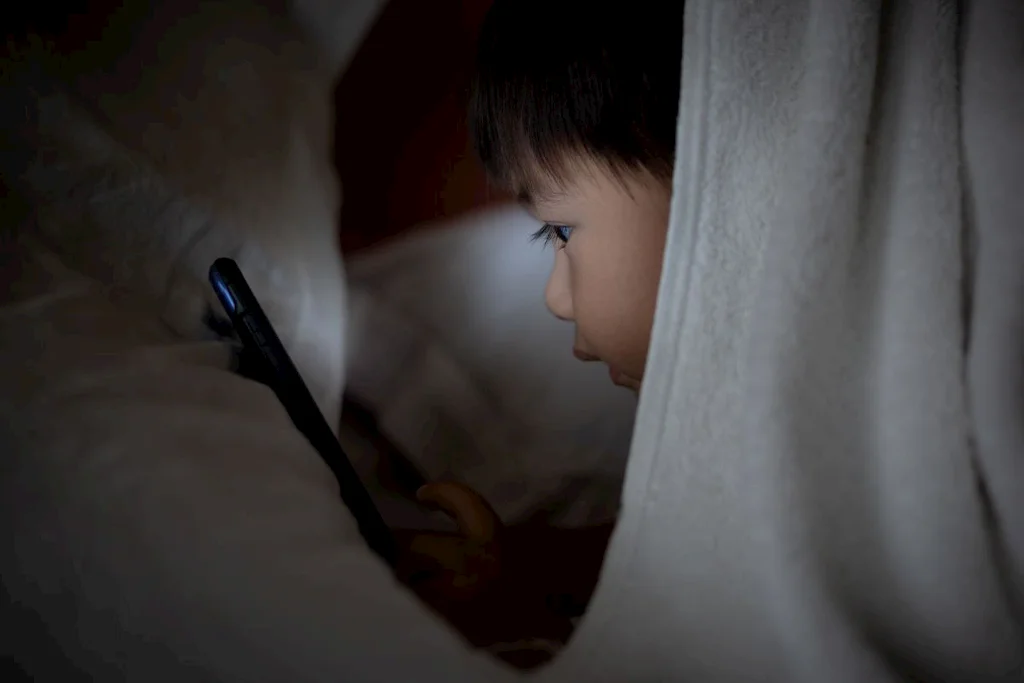
23 Jun Children and adolescents in the Pandemic
Children and adolescents in the pandemic. If it is difficult for adults to understand everything that is happening, adapt, change our schedules, stay at home. Imagine what it is for a child or a teenager.
They are growing, they are still developing the emotional and psychological tools to understand and elaborate on matters of reality. In this case, a reality that can be traumatic. On one hand, they listen and see what happens in their surroundings, what happens to the mother, what happens to the father, the news on TV. On the other hand, there is the fact that they don’t go to school. They have to adapt to studying with a computer (many do not have this possibility) they do not see their friends, they are alone at home with a mother and a father distressed in most cases. Without school, without understanding very well what is happening and trying to get good grades and get what is explained to them in online classes.
It is really important right now that both moms and dads can be there for their children. We are experiencing challenging times, part of those challenges is being able to emotionally help children and adolescents. In this situation, the challenge is even greater for the parents of children in special education. These kids usually need more guidelines, more help understanding school topics, and more patience and dedication. It is very difficult for these parents to help their children and at the same time fulfill their job’s obligations. For many children in special education, paying attention to the screen for a long time is frustrating and therefore very difficult for teachers and parents to achieve educational goals with virtual education.
We need to keep in mind that we are living an extraordinary moment and that each father, mother, each child, each family, will do what they can within their possibilities and their particular circumstances. We have to let go higher expectations and work with what we have. Many children find informal ways to learn. They find a topic they like and research it. They look for information, they watch documentaries, others are interested in art or technology. Given the circumstances we are experiencing, the most important thing is to continue motivating children to learn, to open the door to curiosity because ultimately what it is about, especially in a pandemic, is not about the grades they get, but the resources they can develop, the skills they can learn and the emotions they can elaborate from supporting themselves from these activities that indirectly project them into the future.
So the role of parents in times of crisis is to be able to emotionally support their children, as well as motivate them to learn. And I said learn not to study. For many children studying, being able to focus on school matters is complicated by the anguish and uncertainty that is experienced at the social and family level. Some ways to help children in this pandemic is mainly to make contact, to have communication, to be able to talk about what is happening. I suggest to do projects together, asking them for help at home in matters of preparing a special recipe or fathers might ask some help with work from the office or the workshop. Involving children to participate in certain professional life matters from parents, promotes closeness with them.
Also, it is essential that children have a routine to follow, that parents structure the day in a productive way for the child to avoid the excess of the drives. Children need predictability and organization to learn, pay attention, and stay motivated. If children do not sleep well or spend a lot of time playing on the computer, they will not have the attention or motivation to do their homework or attend virtual classes. This is also essential with adolescents, who will have to be allowed to organize their times. With the older ones, parents should know when to step in, help, or set limits.
Click here to know how family therapy can help you.
It is important in the case of adolescents to allow them contact their friends and now that New York City is reopening; meeting their friends in open spaces is a possibility, obviously explaining to them the need of maintaining social distancing and certain hygiene matters. With teens, communication is also a must. Listening to the questions they may have regarding the situation we are experiencing, as well as their fears and frustrations. Adolescents, in general, have a life less dependent on parents, more in contact with the outside of the family, therefore, it is necessary to help them to somehow continue the relationship with the outside. This increasing contact with the outside is essential to create a healthy separation from parents which is extremely necessary for the development of any human being.
I hope this episode was helpful to you. Thanks for listening. Let’s talk more in two weeks.
This may interest you: Mental health in quarantine, anxiety and depression.


Sorry, the comment form is closed at this time.